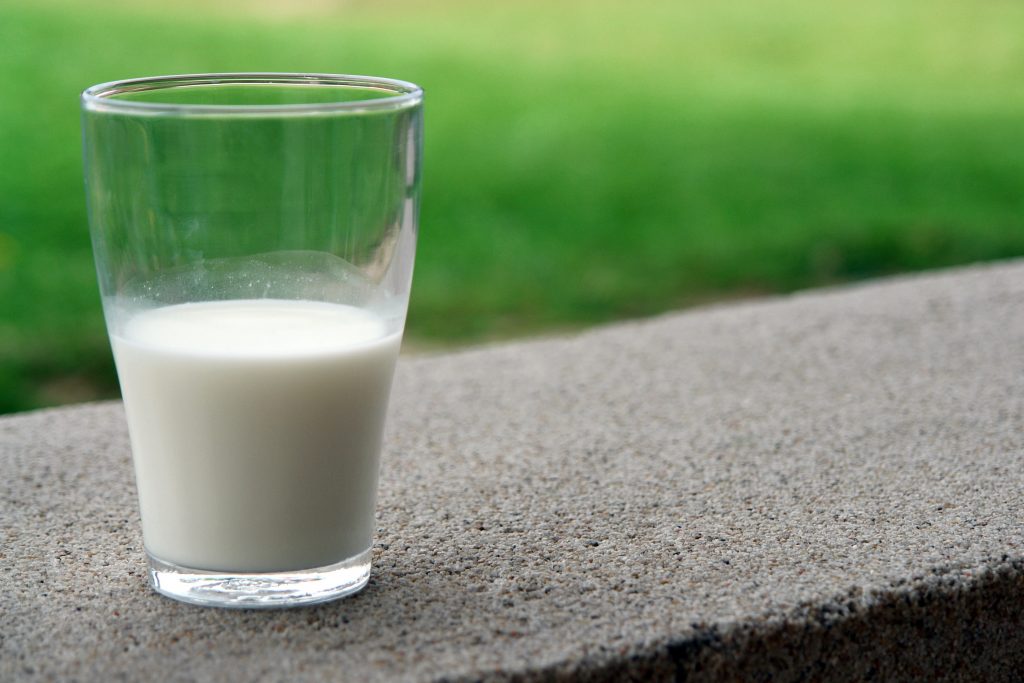New diets seem to arise on a daily basis and some support each other while others completely contradict each other. With so many diets to choose from, it becomes hard to be able to figure out what the truth behind each diet is. When it comes to dairy, it’s recently been warned that cutting it out of your diet can be a “ticking time bomb” for young people’s bone health.
Decreased calcium intake
Around a fifth of the people below the age of 25 are reducing or completely cutting out dairy from their diets, according to research done by The National Osteoporosis Society. The charity is concerned these young adults will experience problems with their bones later in life.
The mistake that is being made by those young people is that they do not replace dairy with other calcium rich sources. Dairy is the richest source of calcium and to suddenly quit it altogether drastically reduced your calcium intake, which can impact your bones and their strength, with serious repercussions later in life.
Why it’s dangerous
“Diet in early adulthood is so important because by the time we get into our late 20s it is too late to reverse the damage caused by poor diet and nutrient deficiencies and the opportunity to build strong bones has passed”, head of nutritional sciences at the University of Surrey and clinical advisor to the National Osteoporosis Society, Professor Susan Lanham-New, said.
Cutting out any essential nutrients at a young age, say before the age of 30, is dangerous to physical development which could create several disadvantages at an older age. In the case of poor calcium intake, one can develop osteoporosis and other bone deficiencies.
There are several reasons why people would want to cut a certain part out of their diets, such as going vegetarian or having an intolerance. It can be hard to find the right alternatives with the right nutrients, but it is very important to find a new source to stay healthy.
Deciding whether or not to cut dairy products out of your diet is completely up to you, but be sure to replace those products by others that are rich in calcium, such as kale, broccoli, bread, canned fish, and nuts and seeds.
